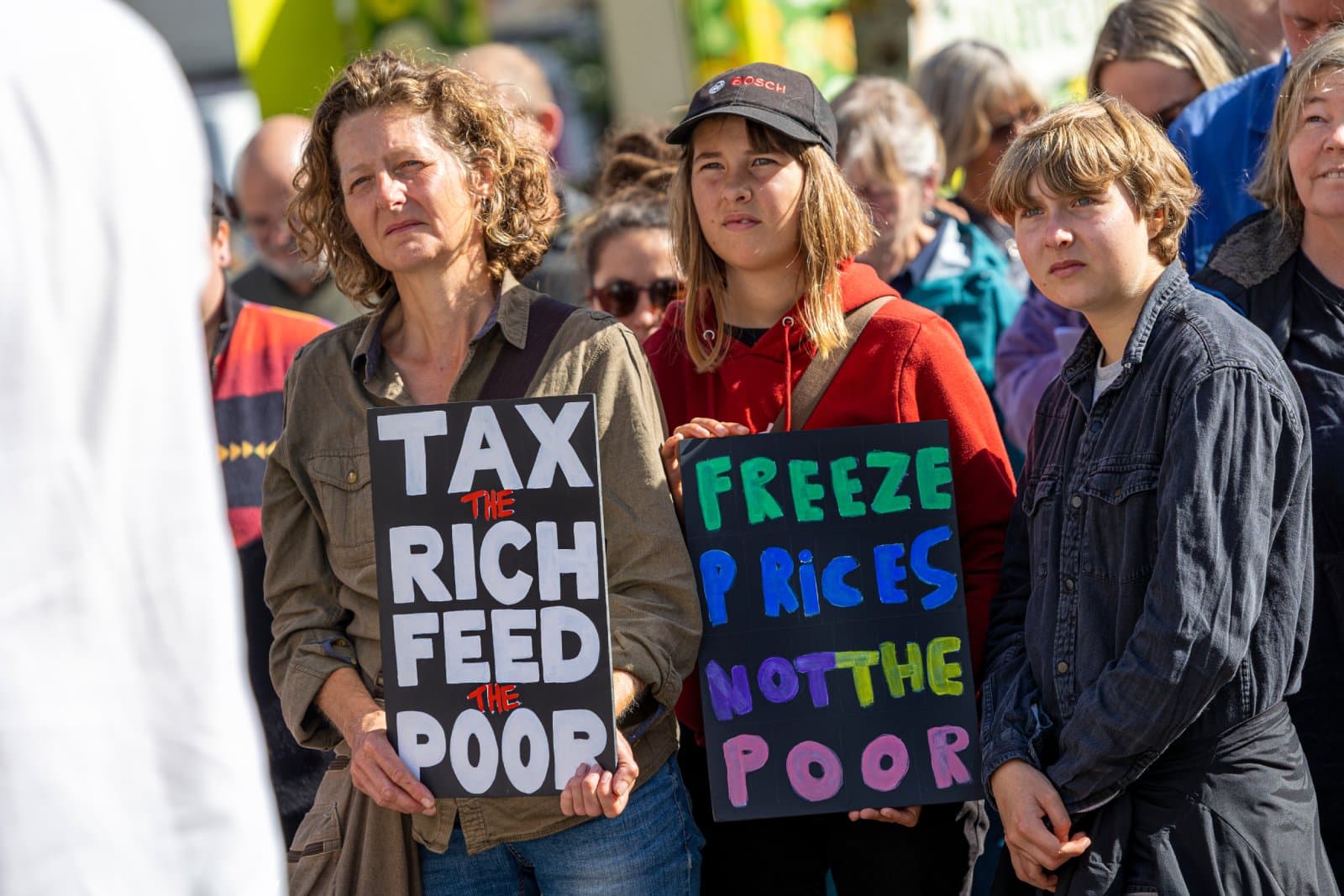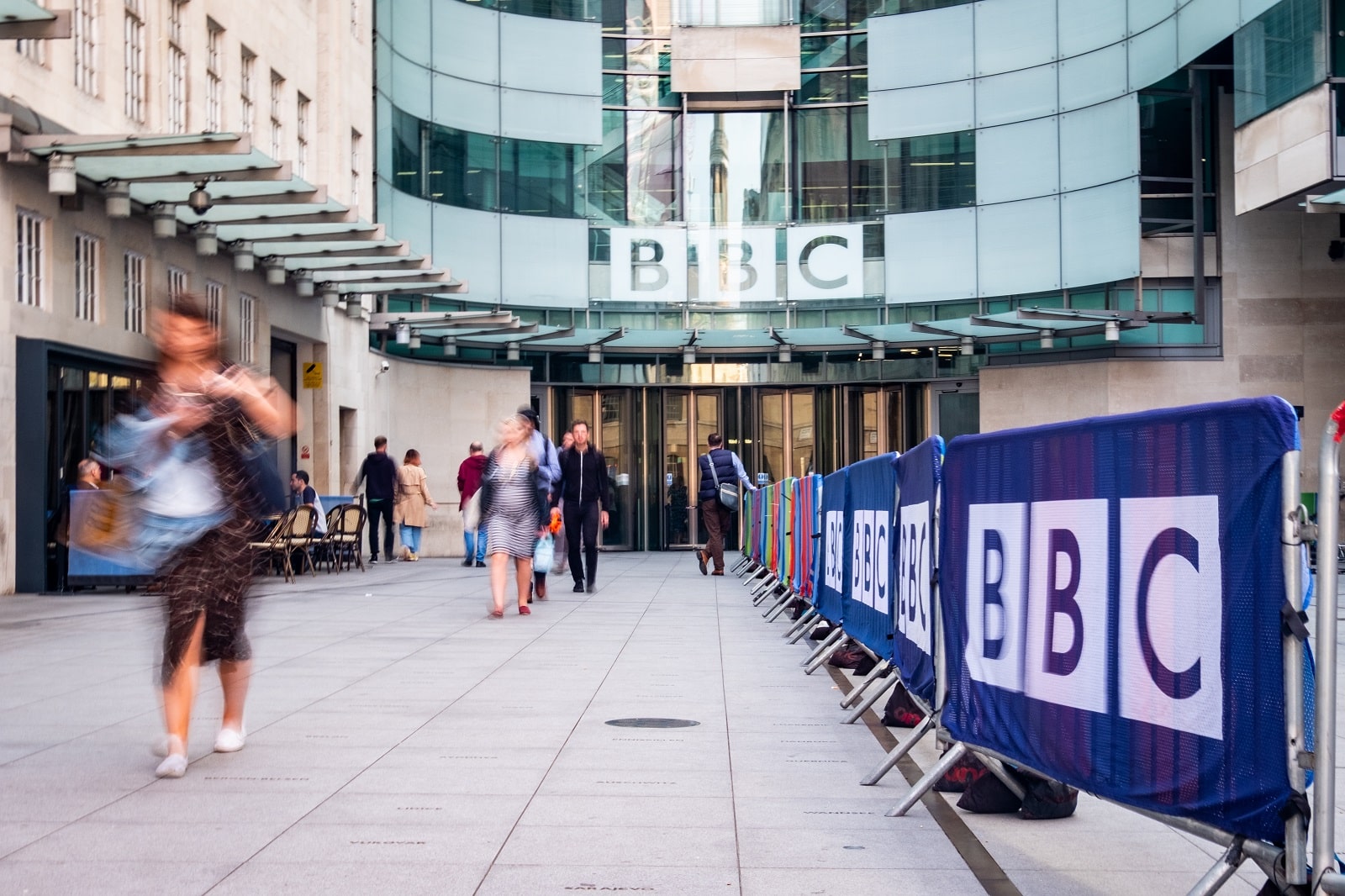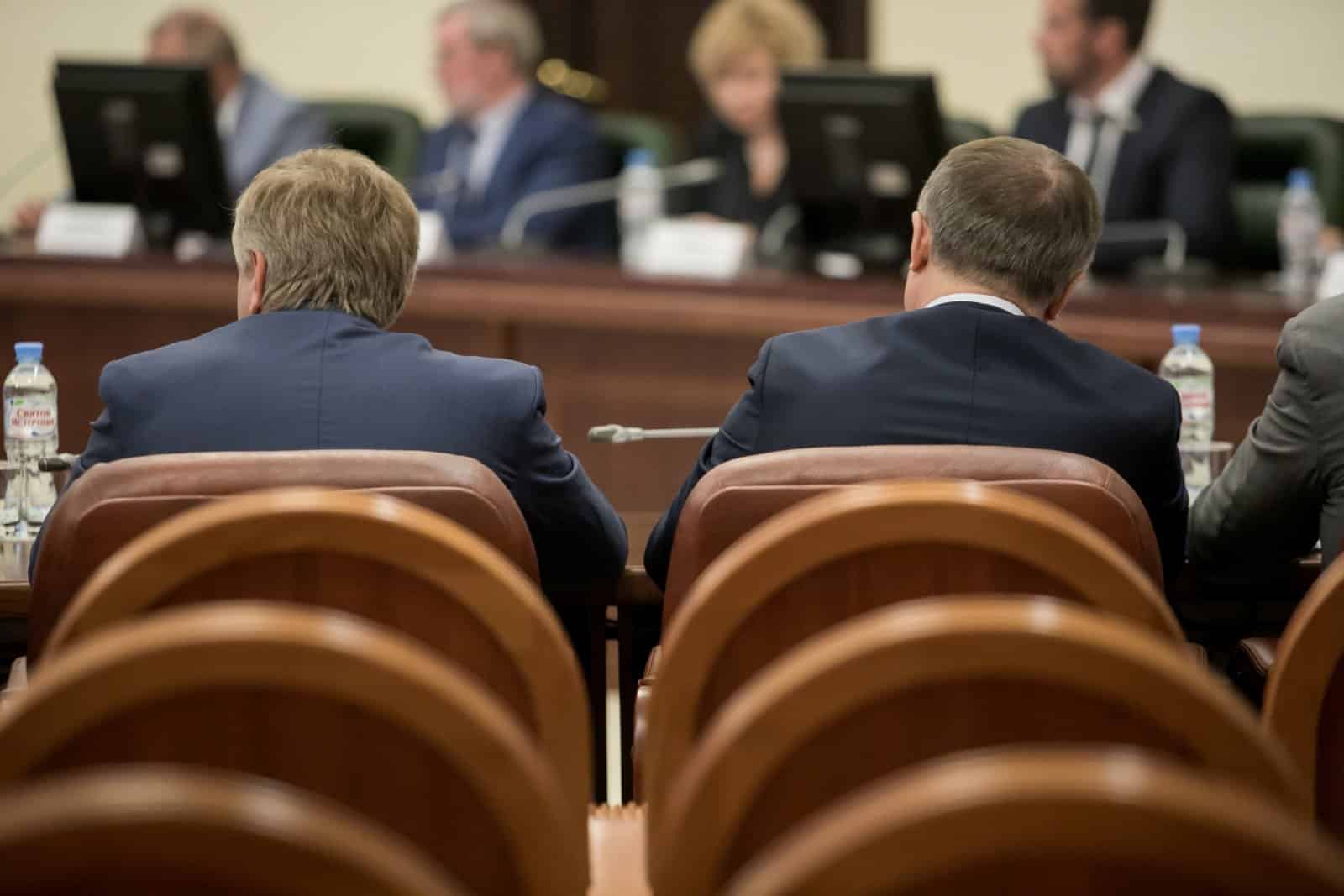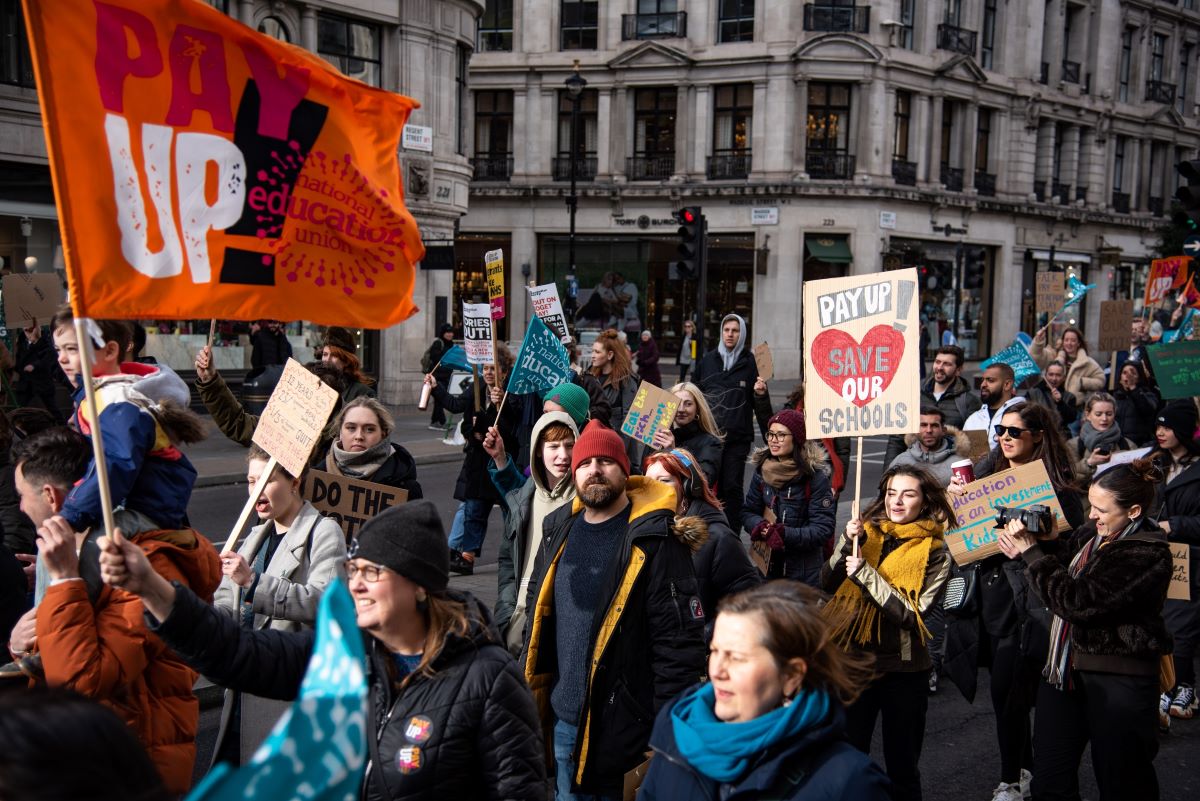The government’s fiscal plans face a massive challenge as independent pay review bodies recommend a surprising 5.5% pay rise for public sector workers, potentially costing billions of pounds. Here’s the full story.
First Road Bump

In one of the first significant road bumps facing the newly elected Labour government, the Times has reported that independent pay review bodies have recommended a substantial 5.5% pay increase for public sector workers, including teachers and NHS staff.
Severe Fiscal Challenge

After years of inflation and an ongoing cost-of-living crisis, this boost to public sector pay could pose a severe fiscal challenge for the government. If implemented, it could require an additional £10 billion to cover the costs across the various public sector departments.
Unexpected Recommendation

The unexpectedly generous recommendation suggests a 5.5% pay rise for over 500,000 teachers and approximately 1.3 million NHS staff. This increase is notably higher than the government’s anticipated budgeted figure, which was between 1% and 3%. The proposed pay rise is also above the current inflation rate of 2%.
Paul Johnson Speaks

Speaking on the BBC Today programme, Paul Johnson, director of the Institute for Fiscal Studies, stated, “In terms of the cost, there isn’t a specific number that is budgeted for schools, it’s probably 1 or 2%, it’s certainly nothing like 5.5%, so we’d certainly be looking at at least an additional £1bn on schools’ costs relative to what they’re currently expecting, and a number at least double that across the NHS if the proposals for the NHS are similar, which it appears that they might be.”
Financial Implications

The financial implications of the recommended pay rise are substantial. Johnson noted that meeting this recommendation would mean an additional £1bn in school costs and at least double that for the NHS, totalling around £10bn if applied across the public sector.
Budget Challenge

This significant budgetary increase poses a challenge to Chancellor Rachel Reeves’s upcoming budget, where she had promised to control borrowing and avoid tax increases during the election campaign.
Limited Funding Options

The government is faced with limited options for sourcing the additional funds needed. Johnson warned that the money could only come “from higher borrowing than they’re planning, higher taxes than they’re planning or cuts in spending elsewhere. There is no fourth option here.”
Impact on Services

Without additional funding, schools and hospitals are unlikely to manage the pay rise from their existing budgets without making cuts elsewhere. This scenario raises concerns about the potential impact on public services and the quality of education and healthcare provided to the public. While beneficial for public sector workers, the proposed pay rise could lead to difficult decisions and sacrifices in other areas of public service.
Union Warnings

The recommendation has already prompted responses from political figures and union leaders. Daniel Kebede, General Secretary of the National Education Union, warned that ignoring the pay review bodies’ recommendations could lead to strike action.
Education Secretary’s Efforts

Kebede noted the efforts of the new Education Secretary, Bridget Phillipson, in improving relations with the teaching profession. However, despite improved relations between unions and the government, he warned, “It would be highly problematic for the Treasury to then intervene and then not implement a 5.5% pay award. We absolutely would want to avoid strike action, but that would almost seem inevitable if the Treasury were to make such an intervention.”
Government Response

Responding to the claims, a government spokesperson stated, “We value the vital contribution the almost 6 million public sector workers make to our country. The pay review process is ongoing, and no final decisions have been made. We will update in due course; however, we are under no illusions about the scale of the fiscal inheritance we face.”
Significant Challenge

The proposed 5.5% pay rise for public sector workers represents a significant challenge for the government, both financially and politically. While it aims to align public sector pay with broader economic trends and inflation, the recommendation necessitates substantial additional funding.
Balancing Act

The government must navigate this issue carefully to balance fiscal responsibility with supporting public sector workers and avoiding potential industrial action.
Tough Decisions Ahead

As the pay review process continues, the government faces tough decisions on funding the proposed pay increases without disrupting public services or breaching its self-imposed fiscal rules.
Impact on Upcoming Budget

With the outcome of this process likely to significantly impact the upcoming budget, it remains to be seen whether the newly elected Labour government will gamble on angering the unions to reduce the prospective pay increases or whether additional taxes will be imposed to ensure that public sector workers receive the recommended increase in their wages which have been stagnant for years.
Featured Image Credit: Shutterstock / Loredana Sangiuliano.

